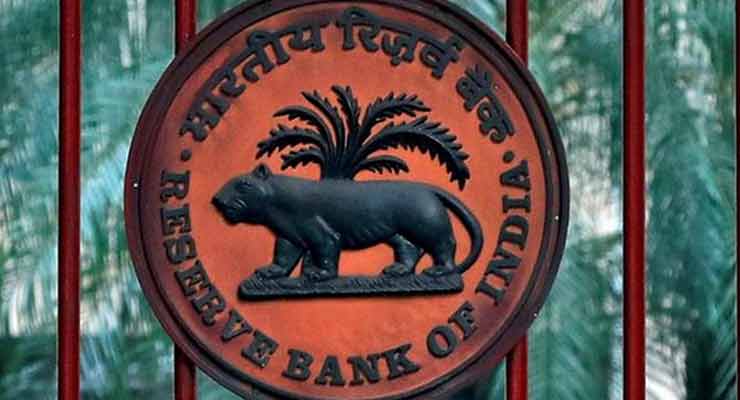After Freshworks, Zoho says RBI should provide some leeway on new auto-debit rule

Freshwork’s CEO, Grirish Mathrubootham, raised worries about the Reserve Bank of India’s (RBI) new auto-debit guidelines the day before, and another SaaS giant, Zoho Corporation, has raised similar issues.In an emailed conversation with BusinessToday.in, Sivaramakrishnan Iswaran, Vice President, Zoho, said that this shift has presented a difficulty for organisations, as they would now have to modify processes that they have been using for a long time.
“To make it easier for firms to comply with the new laws, RBI may devise a score system to assess them and give these reputable enterprises some leniency,” Isawaran suggested.He went on to say that the RBI’s new rule, which went into effect in October, puts customers in control while also boosting security. It gives the customer the option to cancel or change the payment as well as the term.

“Furthermore, beginning January 1st, customers’ card details will be required to be encrypted, which is expected to reduce unauthorised and fraudulent purchases. In general, these rules give customers more discretion over how their money is collected “Isawaran is of the opinion that.Freshworks’ CEO remarked at the Nasscom products summit on Wednesday that the RBI should create a whitelist of companies that will be exempt from the new payment regulations. “There is room for improvement with RBI payment infrastructure for SaaS enterprises who need to keep consumers’ credit cards on file. The rules are hurting SaaS businesses “According to Mathrubootham.
According to the new directive, there will be no automatic recurring payments for a variety of services, including energy bills, phone recharges, DTH, and OTT, among others, because the additional factor of authentication (AFA) would be required. Furthermore, banks would be required to warn clients prior to repeated transactions, and for payments exceeding Rs 5,000, banks will be required to give one-time passwords to customers.The new restrictions, however, will not apply to loan repayments, simple investment plans (SIPs), stocks, or other similar investments.









